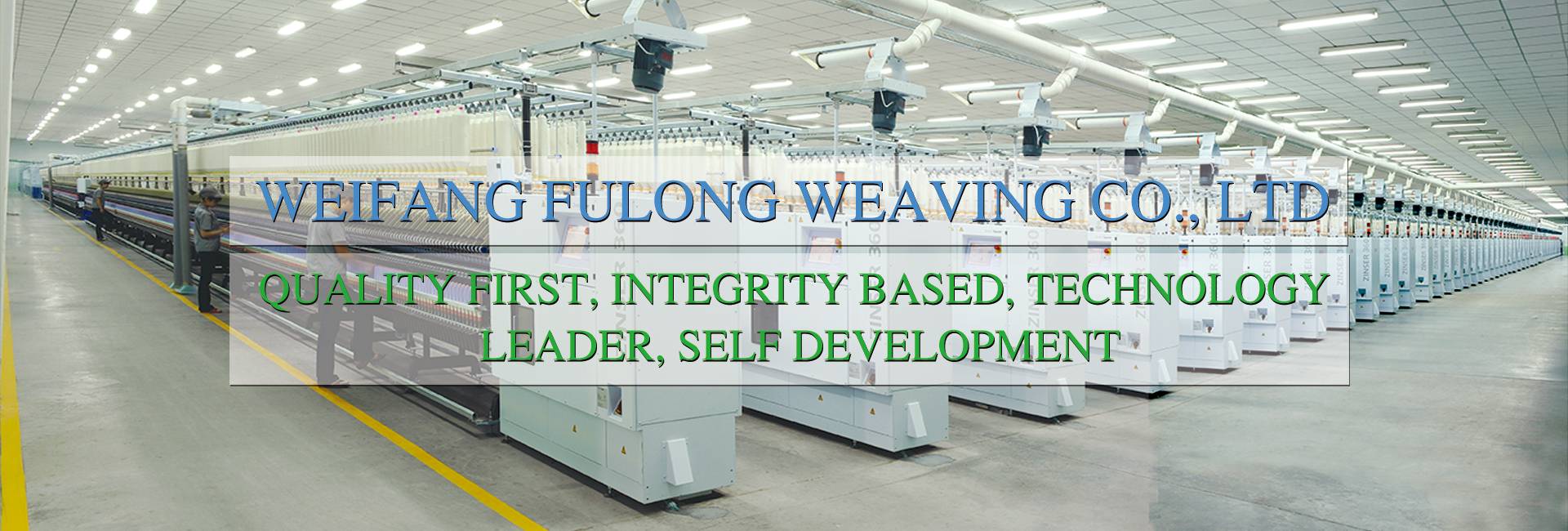

China Net Finance November 19 news. As we all know, China is the world's largest textile and apparel producer and exporter. Low labor costs have made "Made in China" a competitive advantage, but in recent years, China's textile industry is gradually gaining this position. Was shaken. Wang Tiankai, president of the China Textile Industry Federation, said at the first "Ten Ru Forum" in Guilin, Guangxi on the 18th that with the changes in the external situation in recent years, the development pattern of the Chinese textile industry has also changed, and the total industry scale has expanded. However, compared with the first decade of this century, the growth momentum has significantly weakened, and the total scale of China's textile industry has grown at a slower pace.
The data show that China's total fiber processing reached 48.5 million tons in 2013, an increase of 17.4% compared with 2010, and an average annual growth rate of 5.5%. In the first decade of this century, that is, an average annual growth of 11.7 from 2001 to 2010 %, The growth rate decreased by 6.2%. The third quarterly report of listed companies in the textile and apparel industry for 2014 also shows that in the first three quarters of 2014, due to the continued slowdown in economic growth and the continued weakness in the consumer market, the negative impact of revenue growth in various sub-sectors continued. Home textiles, footwear and casual wear, and other sub-sectors saw revenue splits, while the men's, women's, and jewelry industry's listed companies saw revenue decline.
It is understood that in recent years, the cost of production factors in China's textile industry has continued to rise, and the average per capita wage has increased at an annual rate of more than 10%, and the wage level is much higher than that of neighboring developing countries. The price of cotton continues to be more than 30% higher than the international market, and the cost advantage of the industry in international competition is basically gone. In addition, the severe forms of energy conservation and emission reduction, and the uncoordinated industrial layout and resource and environmental carrying capacity have led to the development of China's textile industry into a new cycle of shifting from high-speed to medium-speed growth since 2011.
Industry insiders pointed out that the Chinese textile industry is not as good as Europe and the United States in terms of brand marketing, and its human resources are slightly inferior to those of Vietnam, Laos, and India, and it has been in an awkward position. To successfully transform China's textile industry, we must break the situation. Implementing sustainable development is an important support for the transformation and upgrading of the textile industry.
During the forum, Cheng Peng, general manager of Esquel Group's knitted fabric factory, the world's largest cotton shirt manufacturer and exporter, agreed with this. He said that China's textile industry should shift from labor-intensive to knowledge-intensive and use information, knowledge and technology to promote the development of productivity. The era of "low price and low quality" has been passed. Only high-quality, cost-effective products can be more competitive in the future.
The “Outline of Building a Strong Textile Country (2011 ~ 2020)” issued by China Textile Federation clearly states that we will strive to achieve the four strategic goals of a strong textile technology country, a strong brand, a sustainable development country, and a strong country by 2020. Sustainable development model for carbon, green and circular economy. Esquel Group Chairman Yang Minde further pointed out at the forum that the practice of China's sustainable development is not only the responsibility of the government and society, but also the responsibility of the enterprise. "It is urgent for China to seek a new development model. We believe that China's sustainable development must achieve overall harmony through exchanges and coordination in multiple fields," she said.
Qi Shiru means that the entire world is an indivisible whole, and each unit, such as man and nature, is intertwined and interdependent. The forum organized by the Esquel Group aims to think about China's sustainable development and explore a new development model that balances economic growth with the human ecology.

全國服務(wù)熱線
0536-7722133